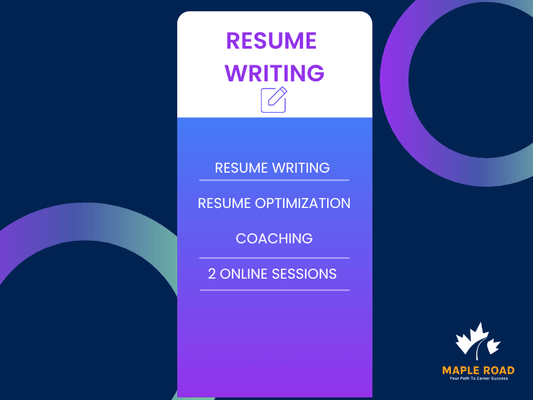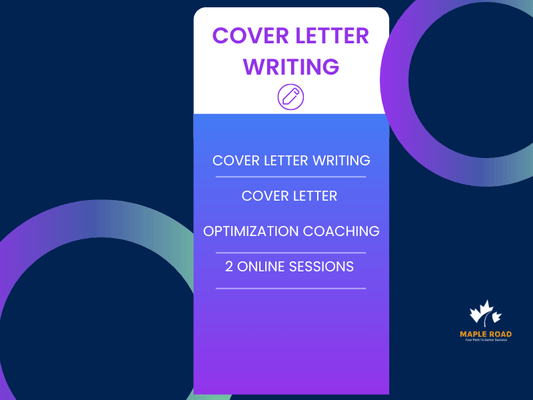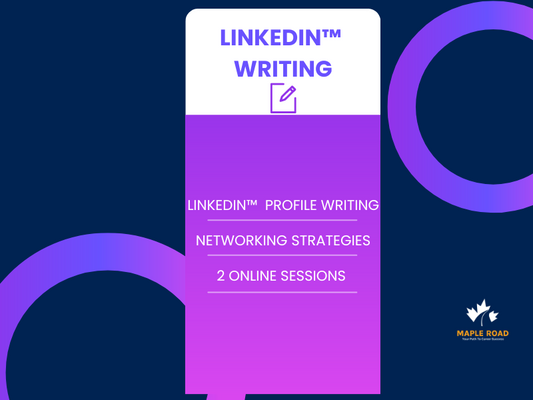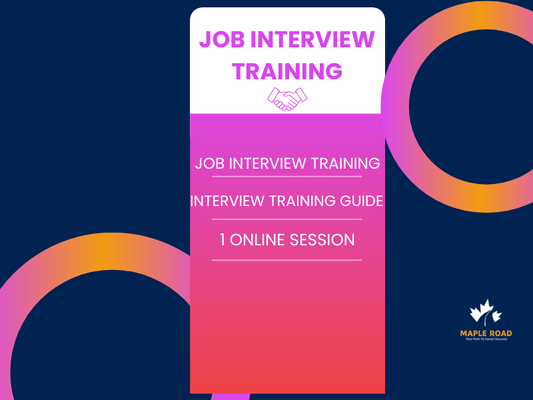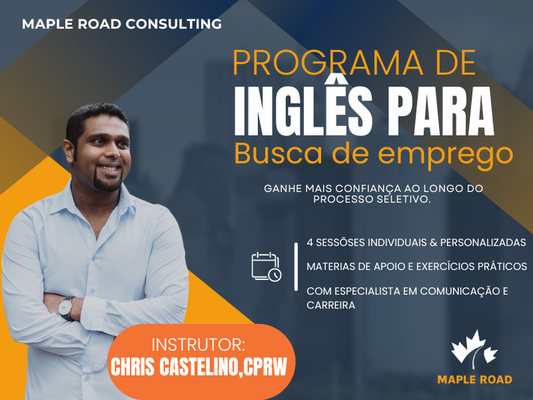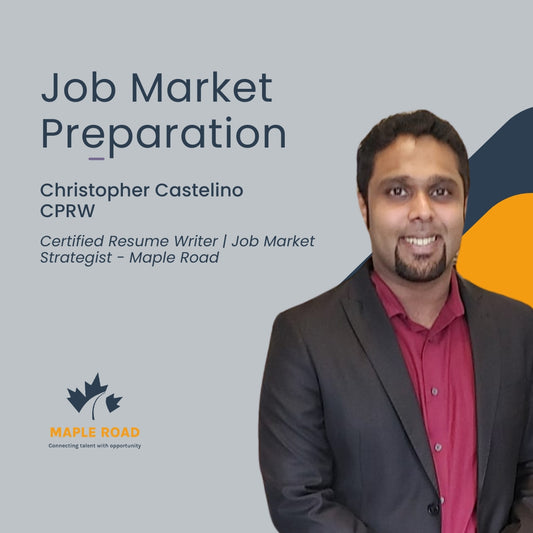- By Chris Castelino, Certified Resume Writer
As a job seeker or professional looking to advance your career, having a clear plan is essential for success. The SMART framework provides a structured approach to setting and achieving your career goals, ensuring that you stay focused, motivated, and on track to achieving your aspirations.
S.M.A.R.T. stands for:
Specific
Measurable
Achievable
Relevant
Time-bound
Each component is crucial in ensuring that your goals are well-defined and achievable.
Here's a more in-depth look at each component of SMART goals and how you can apply them to your career planning process.
Specific:

The first component of SMART goals is specificity.
A specific goal provides clarity and focus, making it easier to create a plan of action. Instead of saying
"I want to find a new job," make it specific by saying "I want to find a new job as a marketing manager within the next three months."
When your goals are specific, you have a clear understanding of what you want to achieve, making it easier to determine the steps you need to take to get there.
To make your goals specific, ask yourself questions like "What exactly do I want to achieve?" and "How will I know when I've achieved my goal?"
Measurable:

The second component of SMART goals is measurability.
Measurable goals allow you to track your progress and determine whether you are on track to achieving your objective.
You can measure progress through quantifiable metrics like the number of job applications you've sent, the number of interviews you've had, and the number of job offers you've received. For example,
"I want to apply to at least 10 marketing manager positions within the next week"
When you set measurable goals, you have a clear understanding of what success looks like, making it easier to determine whether you're making progress toward your goals.
To make your goals measurable, ask yourself questions like "How will I track my progress?" and "What metrics will I use to determine whether I'm making progress towards my goal?"
Achievable:

The third component of SMART goals is achievability.
You can realistically attain an achievable goal with the resources and skills available to you. While challenging yourself is important, setting unattainable goals can lead to frustration and discouragement.
For example, if you've only worked in entry-level positions, setting a goal to become a CEO within the next year is unrealistic.
When your goals are achievable, you're more likely to stay motivated and on track to success.
To make your goals achievable, ask yourself questions like "Do I have the resources and skills necessary to achieve my goal?" and "Is my goal realistic given my current circumstances?"
Relevant:

The fourth component of SMART goals is relevance.
A relevant goal aligns with your values, skills, and interests. Setting goals that are irrelevant to your career aspirations can lead to burnout and a lack of motivation.
For example, if you're passionate about marketing, setting a goal to become a software developer is irrelevant to your career goals, unless you are considering a drastic career change/pivot.
When your goals are relevant, you're more likely to stay engaged and motivated to achieve them.
To make your goals relevant, ask yourself questions like "Is this goal aligned with my values and interests?" and "Does this goal align with my long-term career aspirations?"
Time-bound:

The final component of SMART goals is time-bound.
A time-bound goal has a specific deadline for completion, providing a sense of urgency and accountability. Setting a deadline also helps you break your goal into smaller, manageable tasks.
For example,
"I want to complete a certification in digital marketing within the next six months to enhance my skills and make myself a more competitive job candidate."
When your goals are time-bound, you're more likely to stay focused and motivated to achieve them.
To make your goals time-bound, ask yourself questions like "When do I want to achieve this goal?" and "What is the deadline for completing this goal?"
Conclusion:
Applying the SMART framework to your career goals and implementing a comprehensive career development plan is essential for job seekers and professionals looking to advance their careers. By setting specific, measurable, achievable, relevant, and time-bound goals, and utilizing strategies like networking, skill development, technology, proactivity, and career planning, you'll be on your way to success in your professional life.

At Maple Road, we offer a range of comprehensive career services to help our clients achieve their professional goals. Our expert CPHR-certified Recruiters and CPRW-certified Writers specialize create professional, ATS-optimized tailored resumes, impactful cover letters, and engaging LinkedIn profiles from the ground up, that significantly increase the chances of getting hired and standing out from other candidates.
In addition, our one-on-one Job Interview training, Career Insights and Job Search Guidance will further prepare you to navigate the job market with confidence. Let our qualified professionals help you take the first step towards your dream job and achieve success in your career journey!




